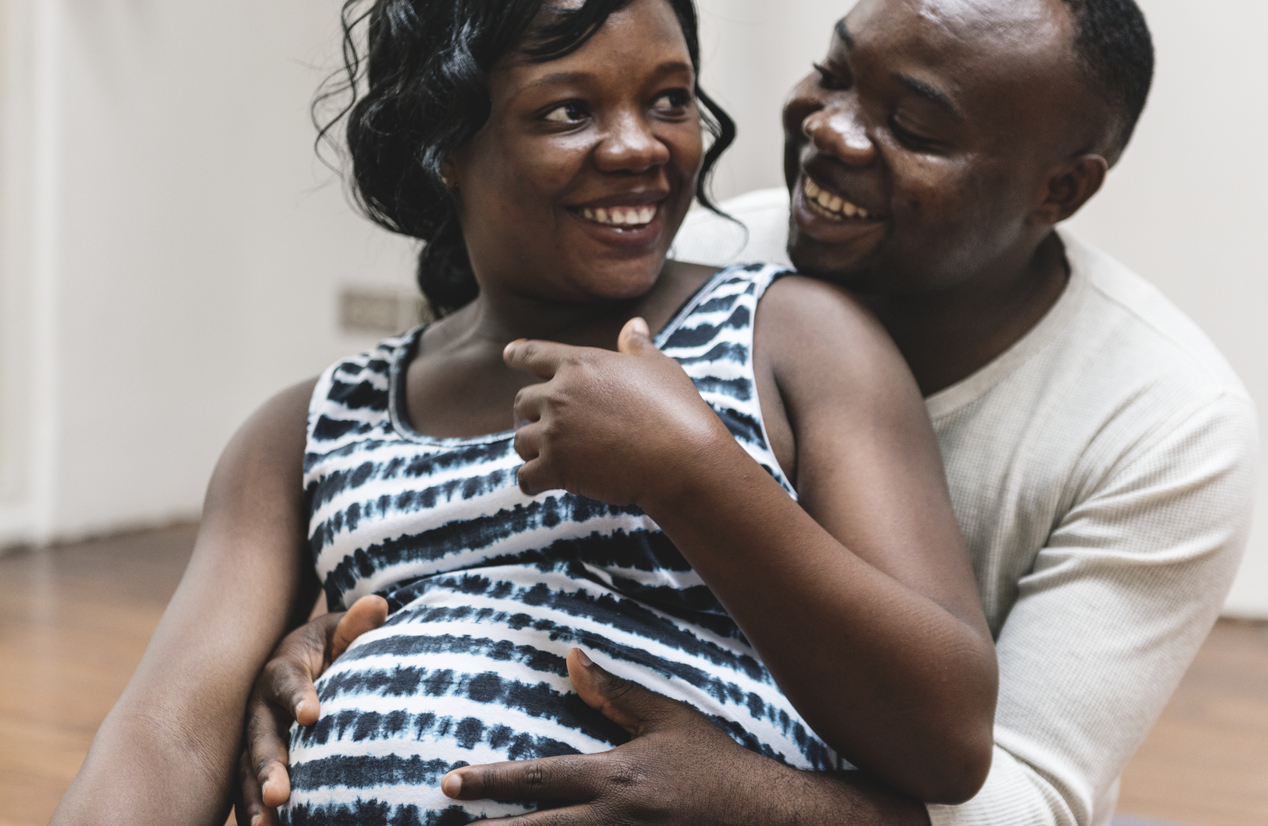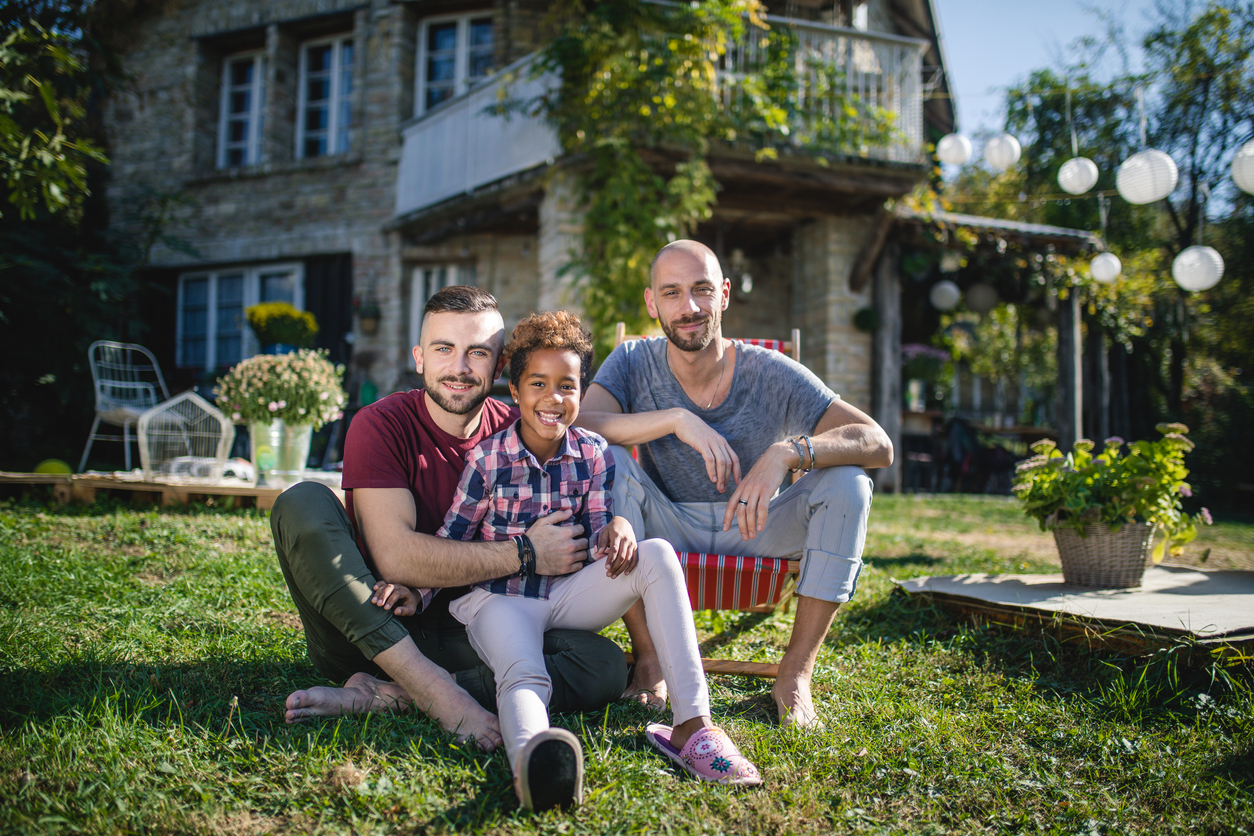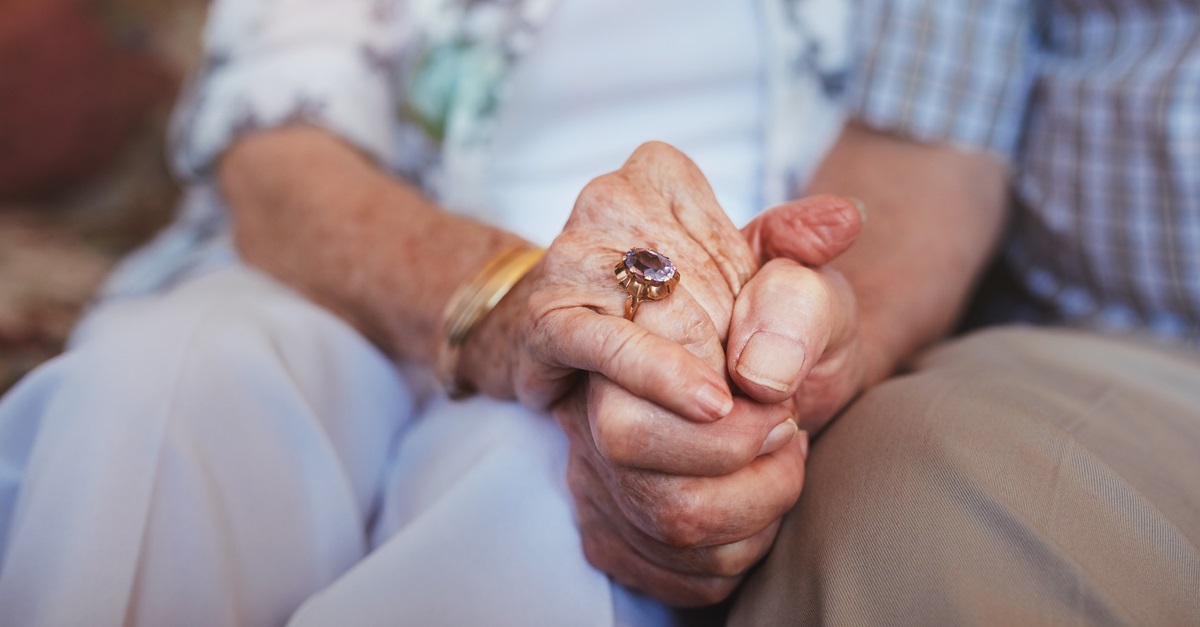
Watch out: There's an unpopular opinion coming your way right now.
As someone who got divorced and reentered the dating pool after a 14-year absence, I've been hearing, seeing, reading, and experiencing a lot. There is a ton of advice out there for How To Find The Right Person For You, But For Real This Time, and a lot of it is … kind of trash.
As I've been navigating my own relationship, which is also proving to be my first real relationship, I've learned that most of that advice out there is based on one person's experience, disseminated out to the internet, and then adopted or derided by whoever happens to see it when it inevitably ends up being shared in meme form on Instagram. (Um, just like this piece.)
It's easy to see a simple statement such as, "If they really love you, your partner should accept everything about you no matter what," and really internalize that statement. But I'm starting to wonder if such a statement is really true.

I think many of us yearn for the person — the one who will step into our lives, scoop us up, and tell us, "You are perfect for me exactly as you are, and there's nothing you need to work on or change or build upon at all, you just stay you, and I'll celebrate that."
But the reality is that while that would be nice, it's not realistic. If your mindset is that you don't have to change anything about yourself to be in a relationship, then it might prove to be challenging when you actually meet a person who expects you to grow, change, and blossom alongside them.

Many of us acknowledge that we grow and change as we age. Sometimes we grow alongside the people we have any kind of relationship with, and sometimes we don't. The latter is why divorces happen, why friends of 20 years realize they can't make it work anymore, and so on. It's become pretty normalized and acceptable to say, Hey, people change, and sometimes those changes mean a relationship needs to end.

Many of us also acknowledge that the purpose of any relationship, but especially a romantic one, is to grow with someone else. It's exciting to meet someone who nurtures us, who tends to our intellectual stimulation, and who encourages us to keep reaching for our goals. But for some reason, a lot of people become resentful of that same "keep growing" energy after they've become settled into the relationship and feel secure.

When a lot of us complain about our dead-end jobs to our partners, we are probably looking for sympathy or empathy, but we aren't really into hearing, "You should start your own business. Here's how you can do that," and then really building a plan together. When a lot of us complain about wanting to be healthier or stronger, we might not really be looking for a, "Well, hey, let's start working out together then." We might just want to hear, "No, you look great," no matter what.
While I totally understand that sometimes you just need to complain, when those complaints become a daily routine that are followed up by no action, it can become grating for even the best of partners.

It seems to me this is where the dominant internet/meme culture logic that our partners must accept everything about us, even the things we constantly complain about and say we want to change, without offering any kind of alternative plan for tackling those complaints begins to get a little screwy.

If, on the one hand, the dominant explanation says that relationships are meant to help us grow, but on the other hand, the dominant explanation says that your partner should accept you and/or even enable the things you complain about … where is the truth?

Thomas H. Brand writes on Medium, "The people we choose to have in our lives should be the ones who allow us to grow. Who provide encouragement to develop into our best selves. Who are there to support us, to learn with us, to share the experiences that make us better, more fulfilled people."

I don't know about you, but that's exactly what I want in a relationship, full stop. My best self is a great mom who focuses on joy and instilling discipline, a great partner who delights in the person I'm with to the max, a motivated writer who is reaching as far as she can, and a woman in her mid-30s who is gaining strength in her body through working out regularly. Those are things I want to be, and having someone who encourages each of those things, and who then holds me accountable and requires that I'm taking steps toward the goals I said I want for myself, is fairly revolutionary.

Dr. Ramani Durvasula told Bustle that the difference between acceptance and toleration in a relationship is key: "Acceptance doesn’t carry that ‘I wish it was different’ theme. Acceptance really has, at its core, the idea that this is who the person is — and you are fine with it. Meanwhile, ‘tolerating’ doesn’t have the same ‘I am fine with it’ mentality."
But to be honest, I'm not so sure. For years, I thought I was the type of person who loved planning details to the very T, who carried a planner everywhere and organized everything. These days, I'm learning what it's like to not have to do that for another adult, but it would be a shame these days if I kept insisting that being this kind of planner is a crucial part of who I am, instead of realizing that the anxiety behind it was something I could let go of, for the better.
I could say, "This big ball of anxiety is who I am, you have to accept that." Instead, I say, "I don't enjoy any part of this anxiety or how it manifests. What do you think we can do to help me tackle it?"

There is a difference between being judged for who you are and being encouraged to tackle the personal beasts you have identified. There is a difference between being enabled and being held accountable. It might just be that the threshold is up to each of us to define, in the context of the relationship we are in.




